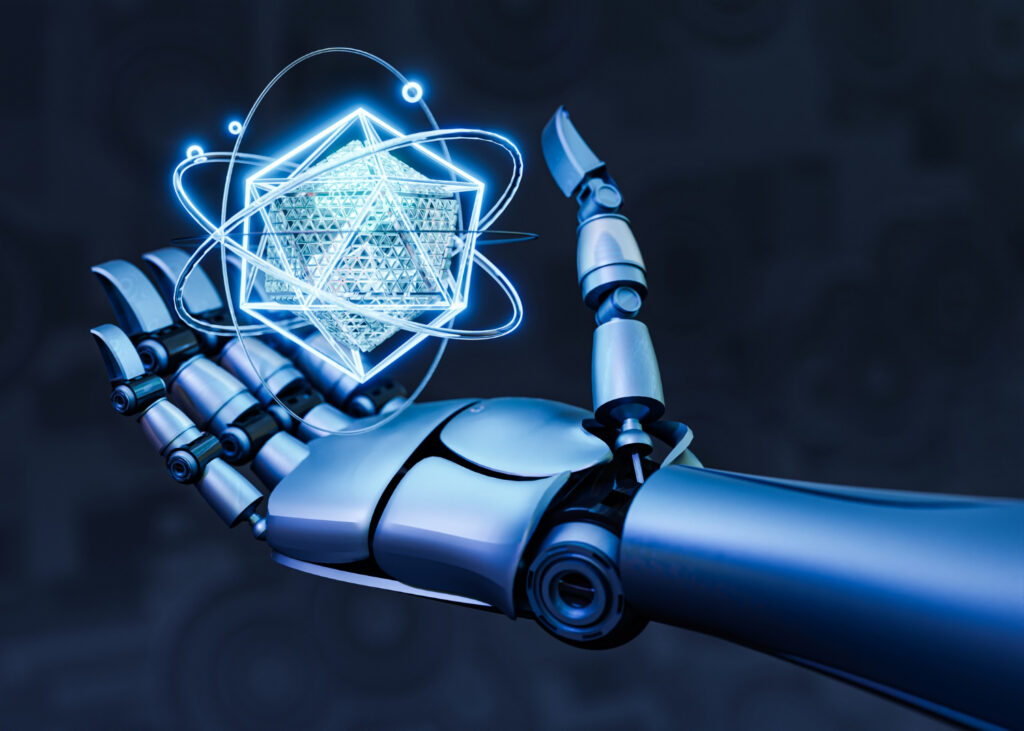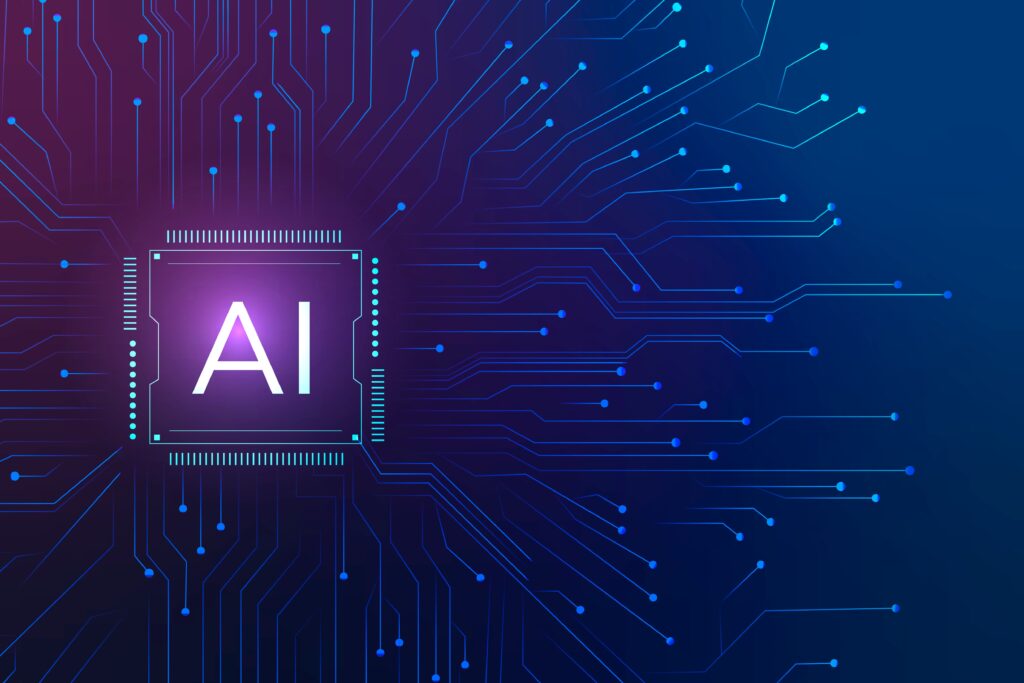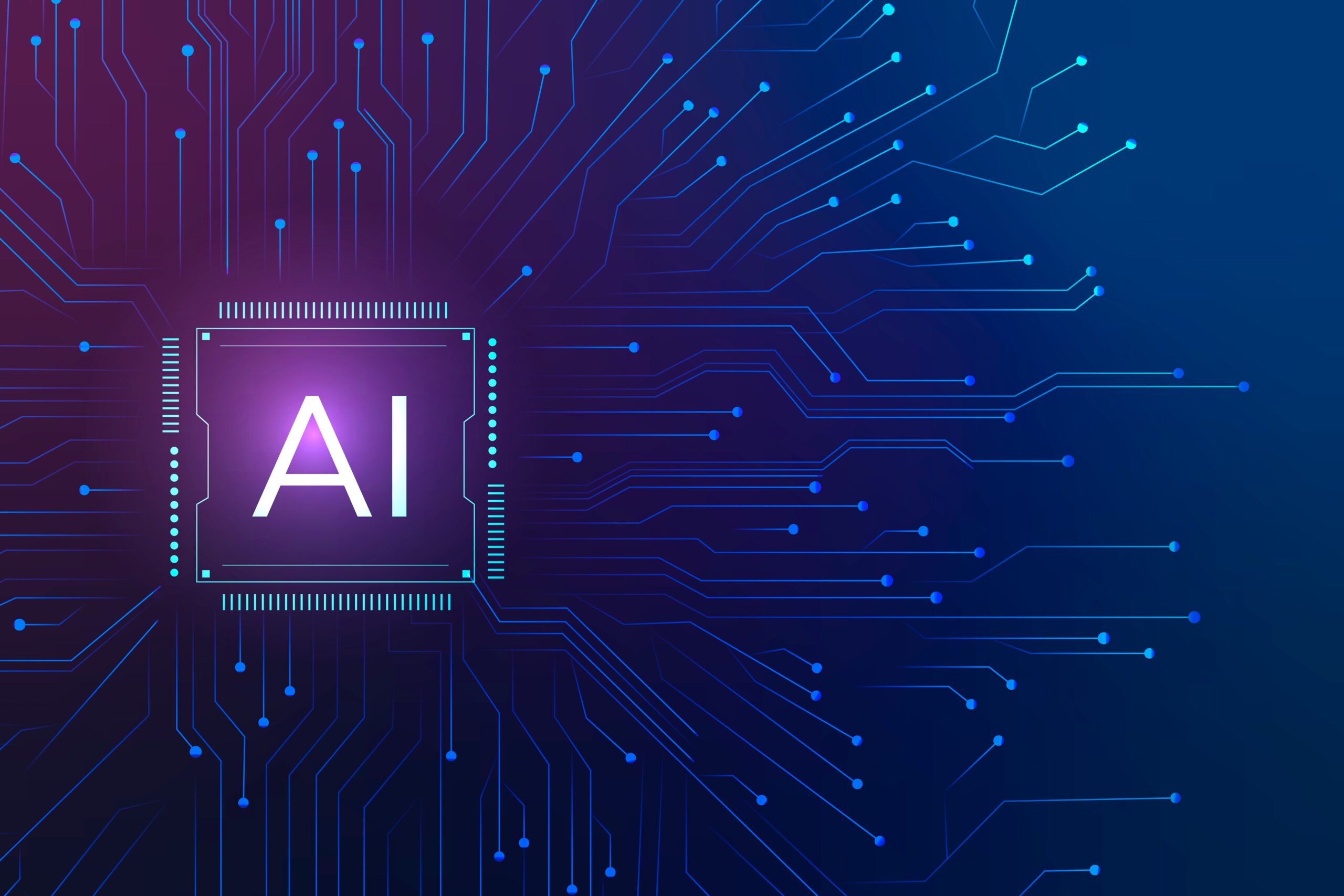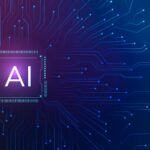What’s all this buzz about AI?**
AI stands for “Artificial Intelligence.” It’s essentially intelligence that machines
acquire. Imagine giving a machine the ability to think and learn like a human. It’s
akin to teaching a pet cat new tricks: you show the cat what to do, and it learns
and remembers over time.
**Where can we see AI in daily life?**
– **Smartphones:** When you talk to your phone and it understands or responds,
that’s AI at work.
– **Shopping Recommendations:** AI helps online shops suggest items you might
like based on your previous purchases.
– **Navigation:** AI assists in finding the best route using maps or GPS.
Think of AI as a shopkeeper who knows their regular customers well and can
guess what they might want to buy based on past purchases. AI does this on a
much larger scale.
**How does AI function?**
AI learns from data, much like humans learn from experience. It follows rules and
uses examples to make decisions or predictions. It’s similar to a child learning to
identify animals by looking at pictures and being told their names. Over time, the
child can recognize animals independently. AI learns comparably, using lots of
data (photos, text, sounds, videos).
**Is AI dangerous?**
AI is a powerful tool that can be extremely helpful if used responsibly. It’s like a
kitchen knife: beneficial for cooking but must be handled carefully.
**Will AI take over human jobs?**
Yes and no. AI can transform people’s jobs, similar to how machines change
factory work. It can take over repetitive tasks, allowing humans to focus on more
complex and creative work. Just as tractors revolutionized farming but also made
it easier and more productive, AI might replace some jobs but can also create new
opportunities for those with the right skills.
**How can we benefit from AI?**
AI is helpful in many fields:
– **Healthcare:** Assisting doctors in diagnosing diseases and finding the best
treatments.
– **Education:** Providing personalised learning experiences.
– **Safety:** Detecting fraud and predicting natural disasters.
Imagine a doctor using a unique tool that helps diagnose a patient much faster
and more accurately, potentially saving lives.
**What does AI mean for the average person?**
Think of AI as a super-smart assistant that can quickly learn new tasks and make
life easier. Or imagine a magic box that understands you and assists with almost
any problem, like playing your favourite song, reminding you of important dates,
giving you weather updates, or guiding you when lost. That magic box is AI in our
devices today.


 English
English 






















































































